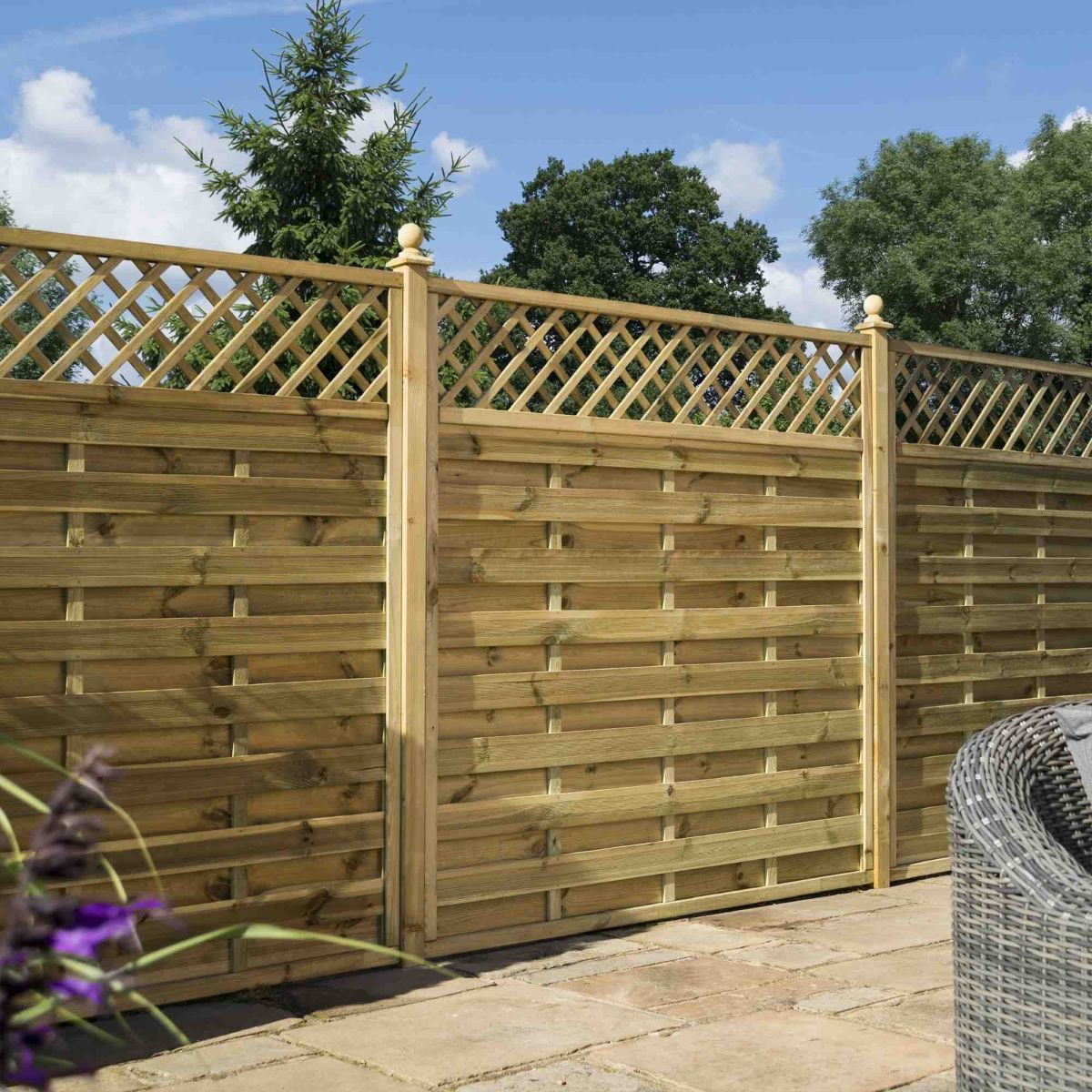

Articles
How Long Are Fence Panels
Modified: August 22, 2024
Looking for information on how long fence panels are? Check out our articles for everything you need to know about fence panel lengths and dimensions.
(Many of the links in this article redirect to a specific reviewed product. Your purchase of these products through affiliate links helps to generate commission for Storables.com, at no extra cost. Learn more)
Introduction
A fence is an essential element of any property, providing privacy, security, and defining boundaries. When it comes to choosing the right fence panels, one important factor to consider is their length. The length of fence panels can vary depending on various factors such as the purpose of the fence, the style of the fence, and the specific needs of the property owner.
In this article, we will explore the different factors to consider when choosing fence panels, the standard sizes available in the market, the benefits of different panel lengths, and the common uses for long and short fence panels. Whether you are looking to install a fence for your backyard, garden, commercial property, or agricultural land, understanding the options available will help you make an informed decision.
So, let’s dive in and discover everything you need to know about fence panel lengths!
Key Takeaways:
- Choose fence panel length based on purpose, style, property size, regulations, climate, and maintenance. Long panels offer privacy and security, while short panels enhance aesthetics and ventilation.
- Long fence panels provide privacy, security, and wind protection, while short panels are ideal for decorative purposes, marking boundaries, and creating open, welcoming spaces.
Read more: How To Build Fence Panels
Factors to Consider When Choosing Fence Panels
When selecting fence panels, there are several important factors to consider to ensure you make the right choice for your specific needs. Understanding these factors will help you narrow down your options and find the perfect fence panels for your property. Let’s take a closer look at some key considerations:
- Purpose of the Fence: The first thing to consider is the purpose of your fence. Is it primarily for privacy, security, or aesthetics? Determining the main objective of the fence will guide you in selecting the appropriate panel length.
- Fence Style: The style and design of the fence can also impact the choice of panel length. Some styles, such as picket fences, typically have shorter panels, while others, like privacy fences, often have taller panels for added security and seclusion.
- Property Size and Layout: Consider the overall size and layout of your property. If you have a large area to enclose, longer fence panels might be more practical and cost-effective.
- Local Regulations: Check with your local authorities or homeowner’s association to determine if there are any restrictions or guidelines regarding fence heights and lengths in your area.
- Climate and Weather Conditions: Consider the climate and weather conditions in your region. If you experience strong winds or heavy snowfall, shorter fence panels might be more resilient and less prone to damage.
- Maintenance: Think about the level of maintenance you are willing to undertake. Longer fence panels may require more upkeep, such as repainting or staining, compared to shorter panels.
By taking these factors into account, you can make a more informed decision when selecting fence panels that will meet your specific needs and preferences.
Standard Fence Panel Sizes
When it comes to fence panels, there are commonly accepted standard sizes that are readily available in the market. These standard sizes are designed to accommodate the needs of most property owners and offer convenience in terms of installation and replacement. Here are the most common standard fence panel sizes:
- 6-Foot Fence Panels: The 6-foot fence panels are a popular choice for many homeowners as they provide a good balance between privacy and visibility. These panels are commonly used for backyards and residential properties.
- 8-Foot Fence Panels: If you require a higher level of privacy and security, 8-foot fence panels are a suitable option. They are often used in commercial properties, agricultural lands, and areas that require maximum privacy.
- 4-Foot Fence Panels: The 4-foot fence panels are commonly used for front yards, gardens, and areas where the primary focus is to enhance the aesthetic appeal rather than privacy and security.
- 3-Foot Fence Panels: These fence panels are typically used for decorative purposes, such as creating visual barriers or delineating pathways within a garden or landscape.
It’s important to note that these standard sizes may vary slightly depending on the manufacturer or supplier. Therefore, it’s always recommended to confirm the exact dimensions before making a purchase.
Standard fence panel sizes offer convenience in terms of availability, cost-effectiveness, and ease of installation. However, if your property requires a fence panel size that deviates from these standards, you can explore the option of custom fence panels.
Custom Fence Panel Sizes
While standard fence panel sizes are widely available and suitable for most applications, there may be instances where custom fence panel sizes are necessary. Custom fence panels are tailored to meet the specific requirements and dimensions of a property. Here are some scenarios where custom fence panel sizes may be beneficial:
- Irregular Property Shape: If your property has an irregular shape or boundaries, standard-sized fence panels may not fit properly. Custom fence panels can be manufactured to accommodate the unique dimensions of your property.
- Unusual Height Requirements: In certain cases, you may require fence panels that are taller or shorter than the standard sizes. For example, if you live in an area with strict height restrictions, custom-sized panels can help you comply with local regulations.
- Specific Privacy Needs: Custom panels can be useful if you have specific privacy requirements. For instance, you may want to have lower panels in certain areas where visibility is not a concern, while opting for taller panels in areas that require enhanced privacy.
- Matching Existing Fence Panels: If you are adding to an existing fence, custom-sized panels can be made to match the dimensions of the current panels, ensuring a seamless integration.
- Unique Design or Style: If you have a specific design or style in mind that deviates from the standard options, custom fence panels can be created to bring your vision to life.
When opting for custom fence panel sizes, it’s important to work closely with a reputable fencing company or contractor. They will assist you in measuring your property accurately and guide you through the customization process to ensure the panels fit perfectly and meet your specific requirements.
While custom fence panels may involve additional costs and lead time compared to standard sizes, they offer the advantage of a tailored solution that perfectly matches your property’s needs and enhances its overall aesthetic appeal.
Factors that Affect Fence Panel Length
The length of fence panels can vary depending on various factors. Understanding these factors will help you determine the most suitable panel length for your specific needs. Let’s explore some of the key factors that can affect fence panel length:
- Purpose of the Fence: The intended purpose of the fence plays a significant role in determining the panel length. If the primary goal is privacy or security, longer fence panels may be preferred. For decorative or boundary purposes, shorter panels can be more suitable.
- Property Size and Shape: The size and shape of your property can influence the choice of fence panel length. If you have a large property, longer panels might be more practical and cost-effective. Additionally, irregular-shaped properties may require custom-sized panels to fit properly.
- Style and Design of the Fence: Different fence styles and designs have varying panel length requirements. For example, traditional picket fences typically have shorter panels, while privacy fences tend to be taller to provide maximum seclusion.
- Local Regulations: Check your local regulations and any homeowner’s association guidelines regarding fence height and length restrictions. These regulations may limit the maximum panel length you can install.
- Climate and Weather Conditions: The climate and weather conditions in your area can impact the choice of fence panel length. If you experience strong winds or heavy snowfall, shorter panels may be more resistant and less prone to damage.
- Budget and Cost: The budget allocated for the fence project can influence the choice of panel length. Longer panels generally cost more due to the increased materials and installation requirements.
Considering these factors will help you make an informed decision when selecting the appropriate fence panel length for your property. It’s always recommended to consult with a professional fencing expert who can assess your specific needs and provide expert advice based on the factors mentioned above.
When measuring fence panels, start at one end and measure to the other end, including any posts or framing. This will give you the accurate length of the fence panel.
Read more: How To Fix Fence Panels
Benefits of Different Fence Panel Lengths
The length of fence panels can have a significant impact on the overall functionality and aesthetic appeal of your fence. Let’s explore the benefits of different fence panel lengths:
- Long Fence Panels:
- Increased Privacy: Longer fence panels provide a higher level of privacy, making them ideal for properties that require seclusion, such as backyard or pool areas.
- Enhanced Security: Taller panels add an extra layer of security, deterring intruders and keeping unauthorized individuals out of your property.
- Reduced Noise: A longer fence can help mitigate noise from neighboring properties, creating a more peaceful and serene environment.
- Wind Blockage: Longer panels can act as a windbreak, reducing the impact of strong winds and protecting your outdoor living spaces.
- Visual Barrier: If you have unsightly views or neighboring structures, long fence panels can serve as an effective visual barrier, enhancing the overall appearance of your property.
- Short Fence Panels:
- Aesthetic Appeal: Short fence panels can add a touch of elegance and style to your property without obstructing views. They are particularly suited for front yards or areas where the primary focus is on the aesthetic aspect.
- Improved Ventilation: Shorter panels allow for better air circulation, making them suitable for areas where airflow is crucial, such as garden spaces or open landscapes.
- Easier Maintenance: With fewer materials and a lower height, short fence panels generally require less maintenance in terms of cleaning, painting, and repairs.
- Cost-Effective: Short panels are often more affordable than taller ones, making them a budget-friendly option for property owners.
- Less Obtrusive: If you want to maintain the open feel of your property while still defining boundaries, short fence panels are a great choice as they blend seamlessly with the surroundings.
Ultimately, the choice of fence panel length depends on factors such as the purpose of the fence, the style you prefer, your property’s specific needs, and your personal preferences. Consider these benefits to select the most suitable fence panel length that aligns with your desired outcomes.
Common Uses for Long Fence Panels
Long fence panels have a variety of practical applications and can be beneficial in different situations. Here are some common uses for long fence panels:
- Privacy Fencing: Longer fence panels are commonly used to create privacy fences around residential properties, especially in urban areas where neighbors are in close proximity. These panels help to enclose your outdoor space and provide a barrier that keeps unwanted eyes away.
- Security Fencing: Long fence panels are excellent for enhancing the security of commercial properties, industrial sites, and warehouses. Their height acts as a deterrent, making it more difficult for intruders to gain access to the premises.
- Boundary Fencing: When marking the boundaries of a large property or agricultural land, long fence panels are an efficient option. They provide a clear and visible barrier that helps avoid any disputes over property lines with neighbors.
- Windbreak Fencing: In areas with strong winds, such as coastal regions, long fence panels can act as effective windbreaks. Their height prevents gusts of wind from causing damage to your outdoor spaces or garden areas.
- Sound Barrier Fencing: Long fence panels also aid in reducing noise pollution, making them ideal for properties located near busy roads, airports, or industrial areas. They can help create a more peaceful and serene environment by blocking out unwanted noise.
- Screening and Dividers: Long fence panels can be used to create screening and dividers within larger properties or communal areas. They are perfect for sectioning off specific parts of a garden or outdoor space, providing a sense of privacy and creating distinct areas.
These are just a few of the many common uses for long fence panels. Their versatility, height, and ability to provide privacy and security make them a popular choice for a wide range of residential, commercial, and agricultural applications.
Common Uses for Short Fence Panels
Short fence panels have their own set of practical applications and can be used in various scenarios. Here are some common uses for short fence panels:
- Garden Enclosures: Short fence panels are commonly used to enclose and define garden spaces. They create a boundary that helps keep pets and small children inside while adding a decorative element to your outdoor area.
- Marking Boundaries: Short fence panels can be used to mark property boundaries in a subtle and aesthetically pleasing way. They serve as a gentle reminder to neighbors and passersby and provide a clear separation between properties.
- Decorative Purposes: Short fence panels are often selected for their decorative appeal. They can be used as accent pieces in front yards, flower beds, and landscaping projects to add charm and visual interest.
- Pool Fencing: Short fence panels are frequently used for pool enclosures and safety barriers. They meet the necessary safety requirements while allowing for visibility in and out of the pool area.
- Pathway Bordering: Short fence panels can be used to border pathways within a garden or outdoor space. They help guide visitors and create a defined walking area while adding a touch of elegance to the landscape.
- Vegetable or Herb Gardens: Short fence panels can be used to protect vegetable or herb gardens from animals or foot traffic. They act as a deterrent while still allowing sunlight and airflow to reach the plants.
Short fence panels are versatile and can serve both practical and decorative purposes. Their lower height allows for a more open and welcoming feel while still providing a clear boundary. Whether you want to enhance your garden, create a safe pool area, or add a decorative touch to your property, short fence panels can be a great choice.
Conclusion
Choosing the right fence panels, including considering their length, is crucial to achieving the desired functionality and aesthetics for your property. Whether you opt for standard sizes or custom panels, understanding the factors that influence panel length and the benefits associated with different lengths will help you make an informed decision.
Consider factors such as the purpose of the fence, the style and design of the panels, the size and layout of your property, and any local regulations or climate considerations. Long fence panels offer increased privacy, security, and wind protection, making them suitable for residential properties, commercial sites, and areas with high wind exposure. On the other hand, short fence panels are great for adding charm, marking boundaries, and creating defined spaces within gardens and landscapes.
Remember that standard fence panel sizes, such as 6-foot and 8-foot panels, are readily available and often meet the needs of most property owners. However, if your property requires custom panel sizes due to irregular shapes, specific privacy needs, or unique design requirements, customization options are available to tailor the panels to your exact specifications.
Consulting with a professional fencing expert is recommended to ensure you choose the right panel length that aligns with your goals and meets local regulations. They can provide guidance, take measurements, and assist with the installation process, ensuring a fence that not only enhances the functionality and security of your property but also adds aesthetic value.
By considering the factors discussed in this article and understanding the benefits of different fence panel lengths, you can confidently select the appropriate panels that will transform your property into a secure, private, and visually appealing space.
Frequently Asked Questions about How Long Are Fence Panels
Was this page helpful?
At Storables.com, we guarantee accurate and reliable information. Our content, validated by Expert Board Contributors, is crafted following stringent Editorial Policies. We're committed to providing you with well-researched, expert-backed insights for all your informational needs.
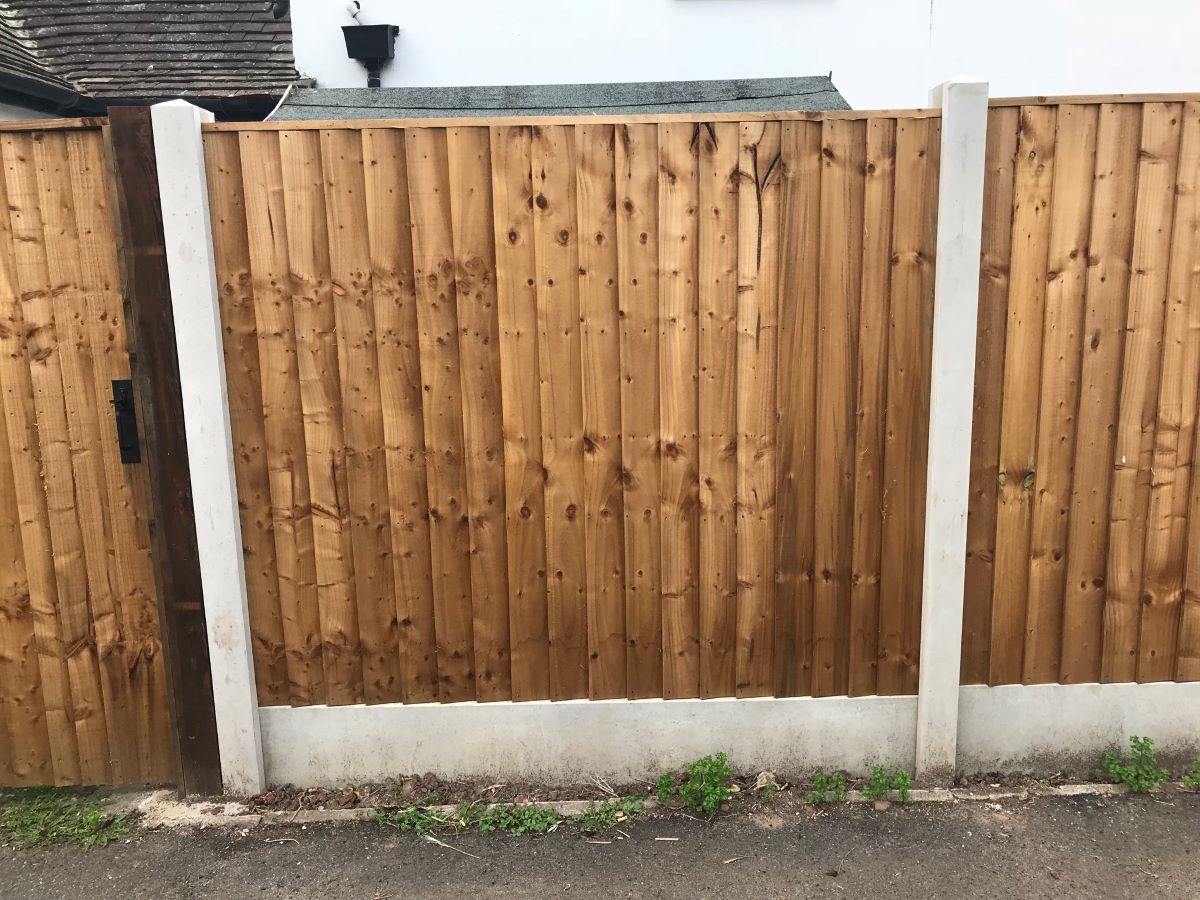
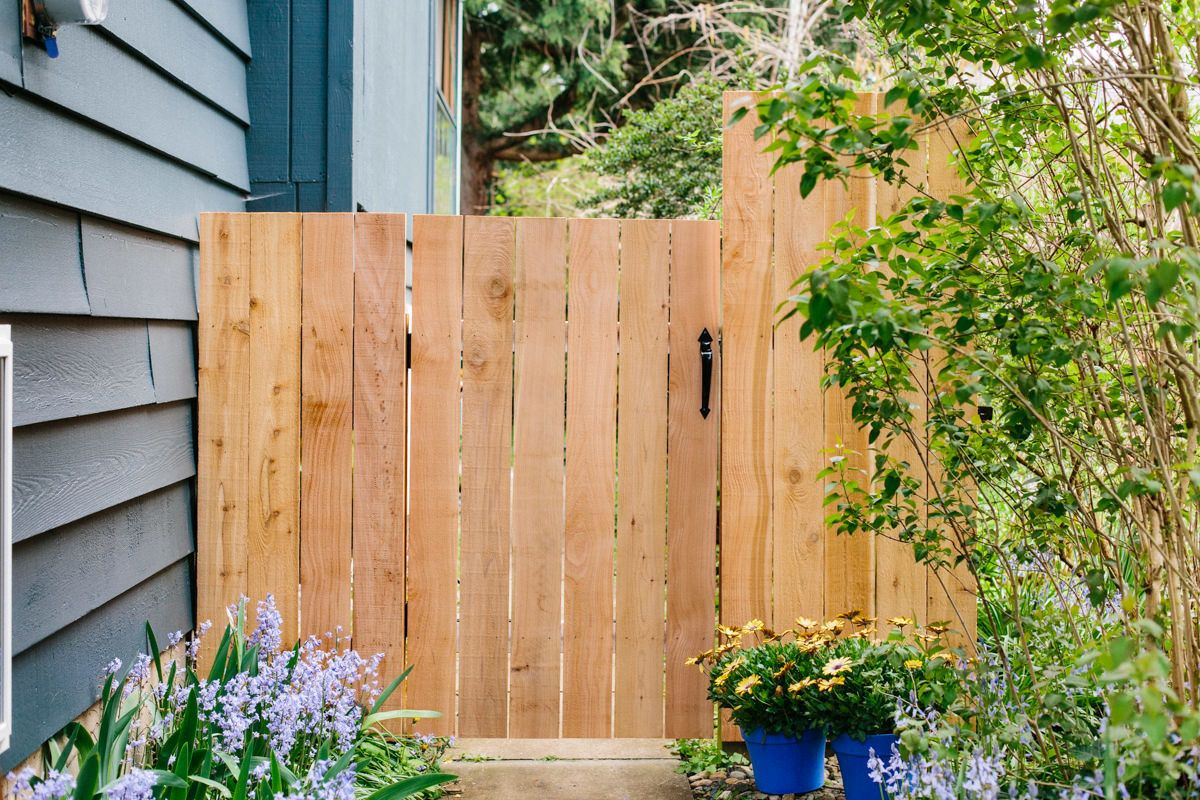
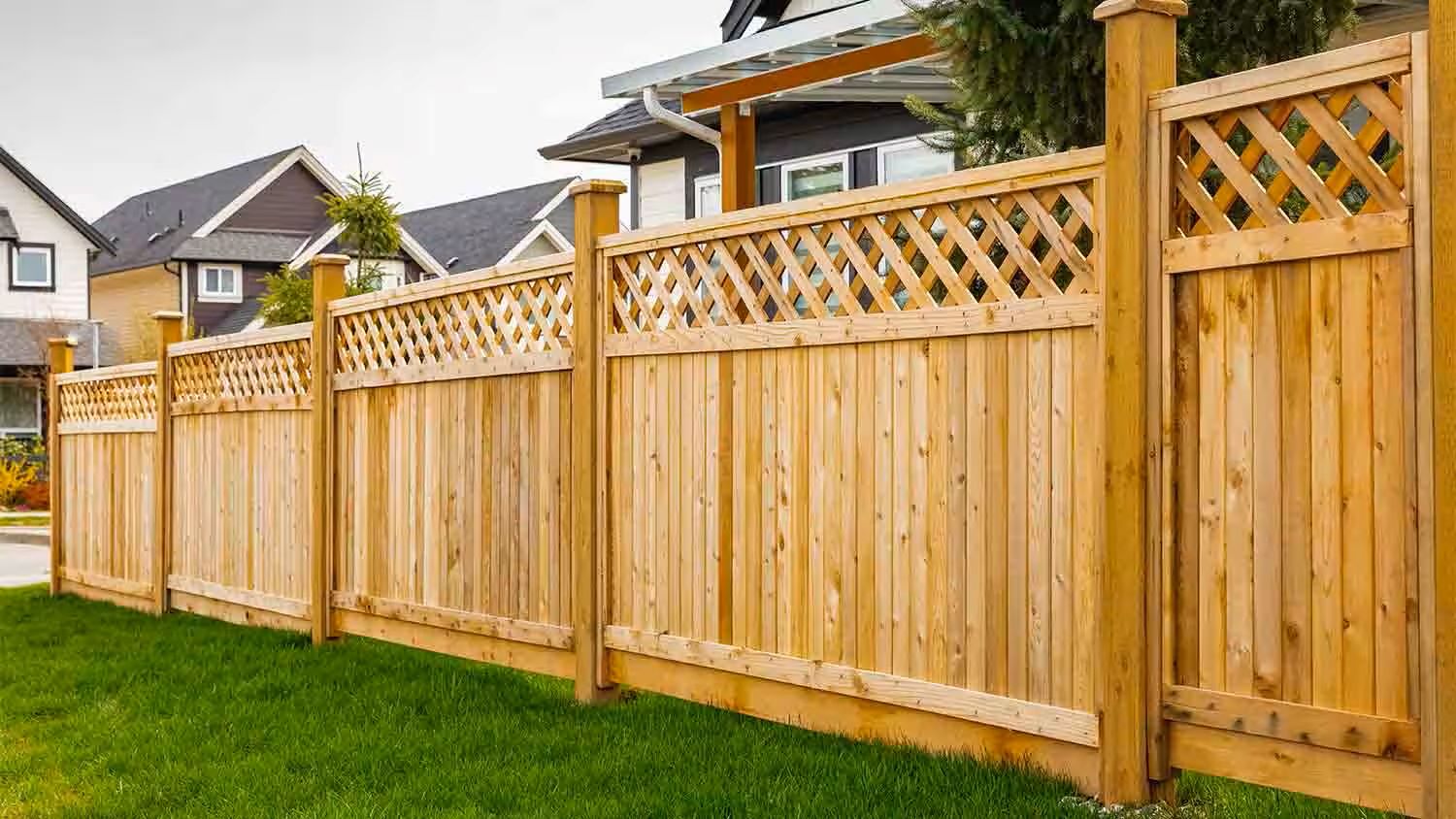
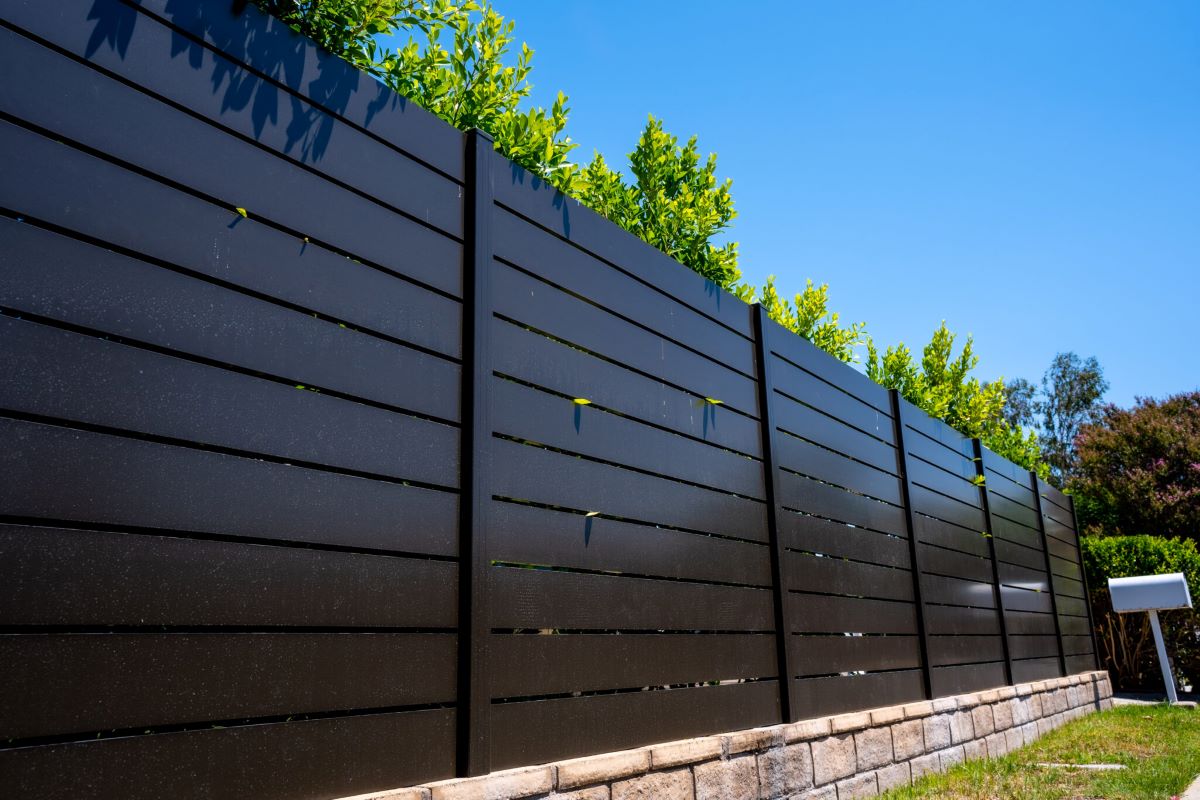
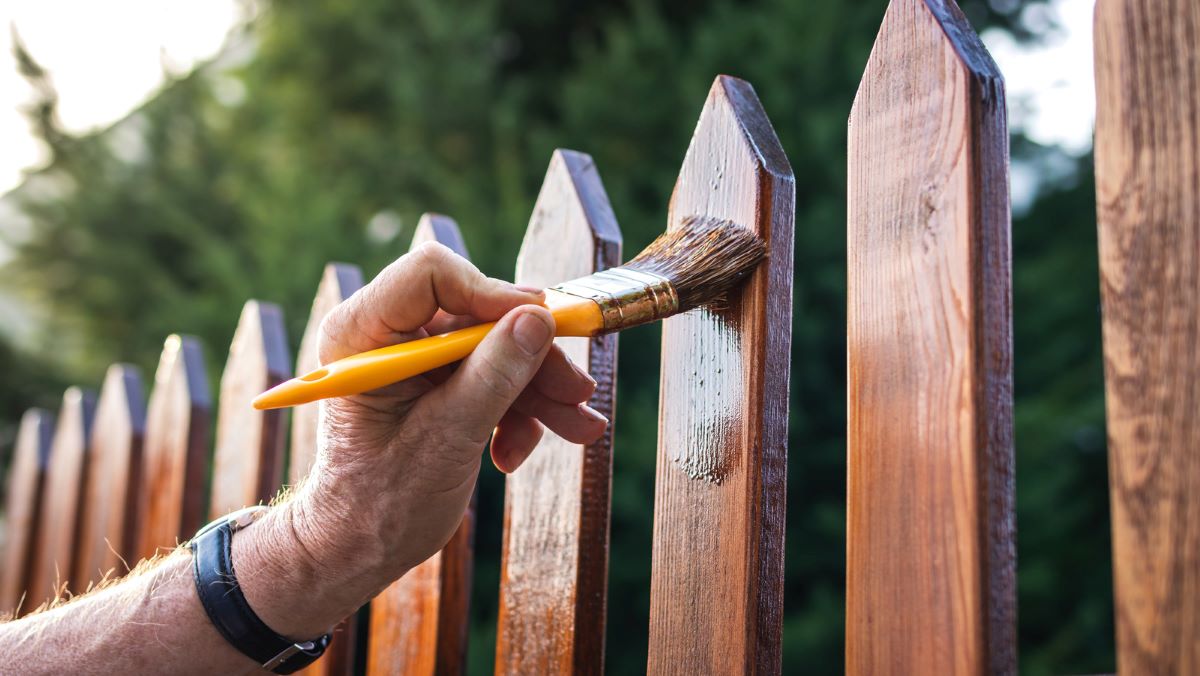
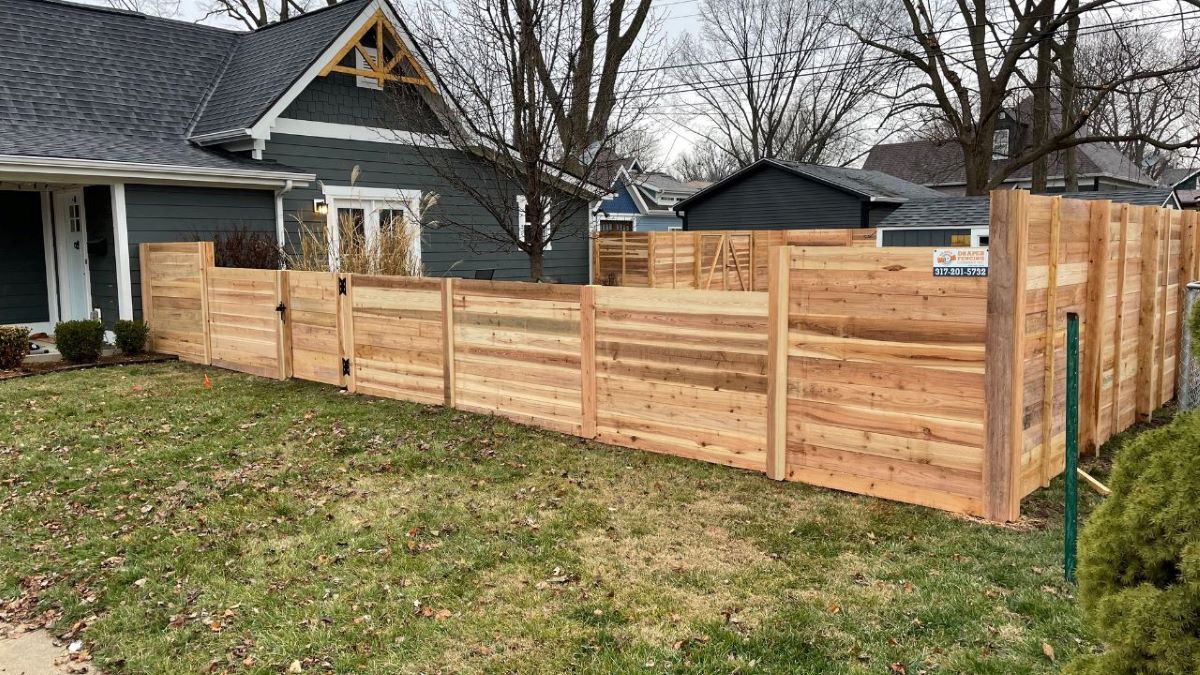
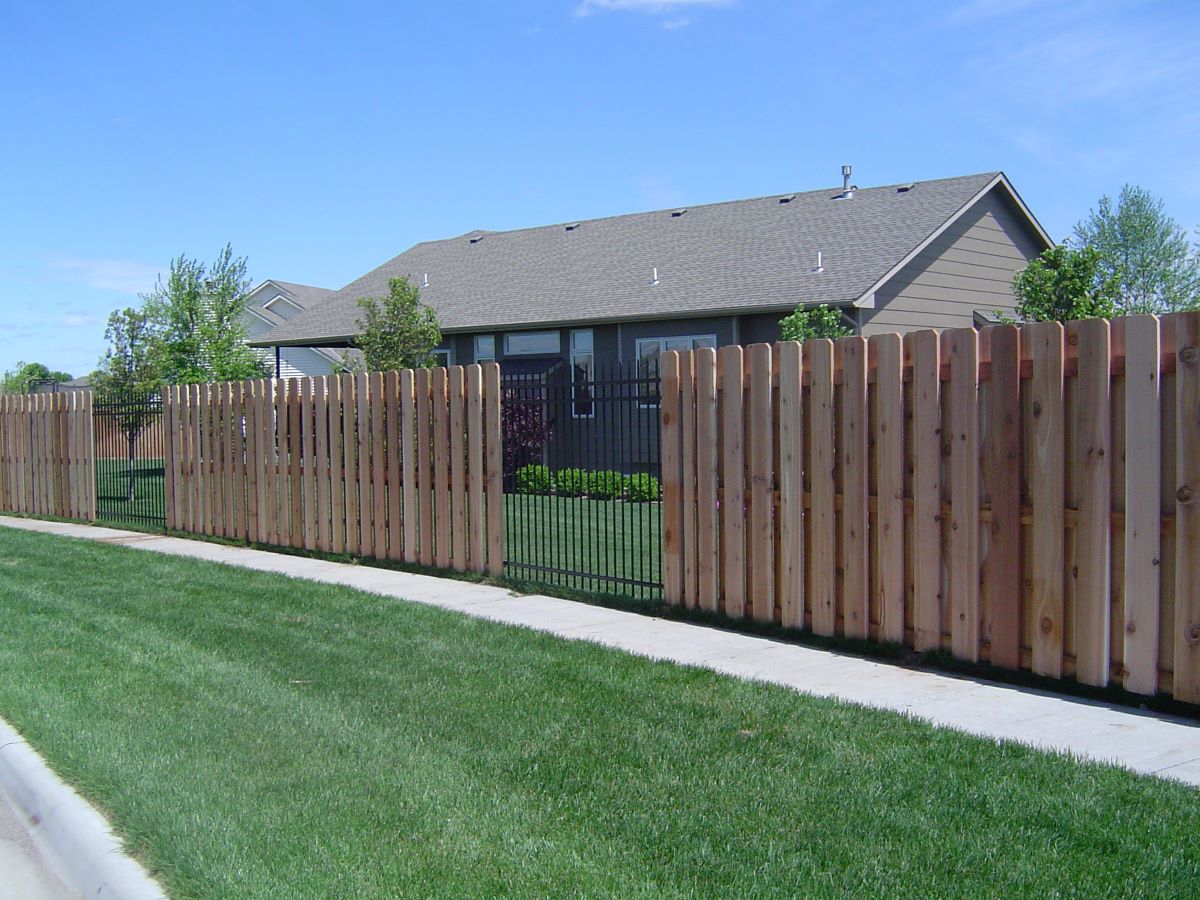
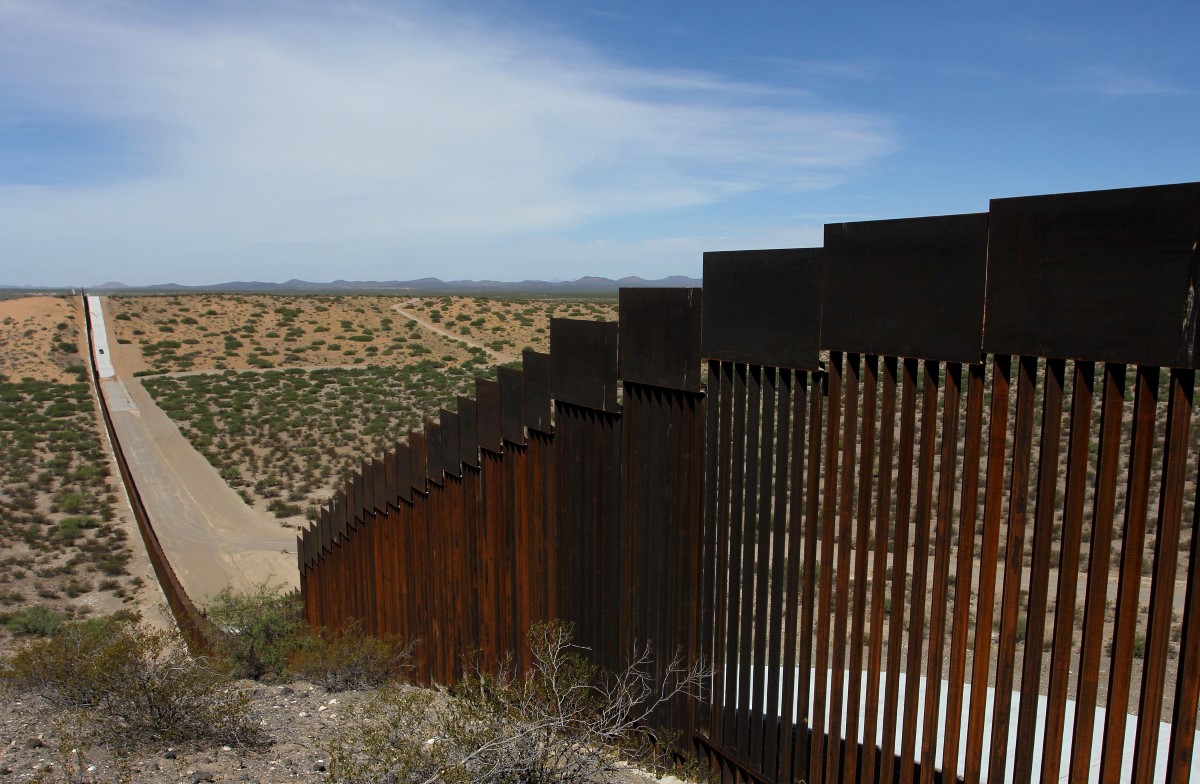
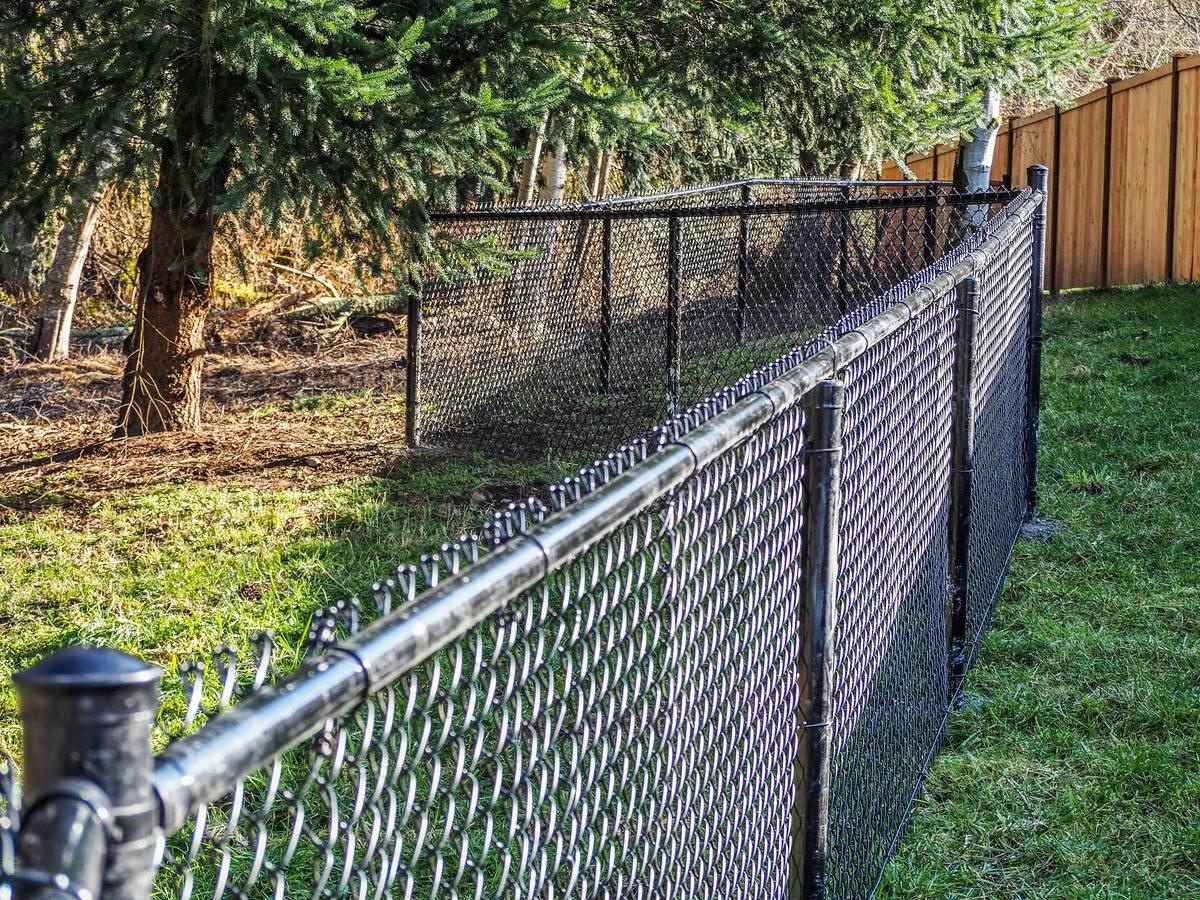
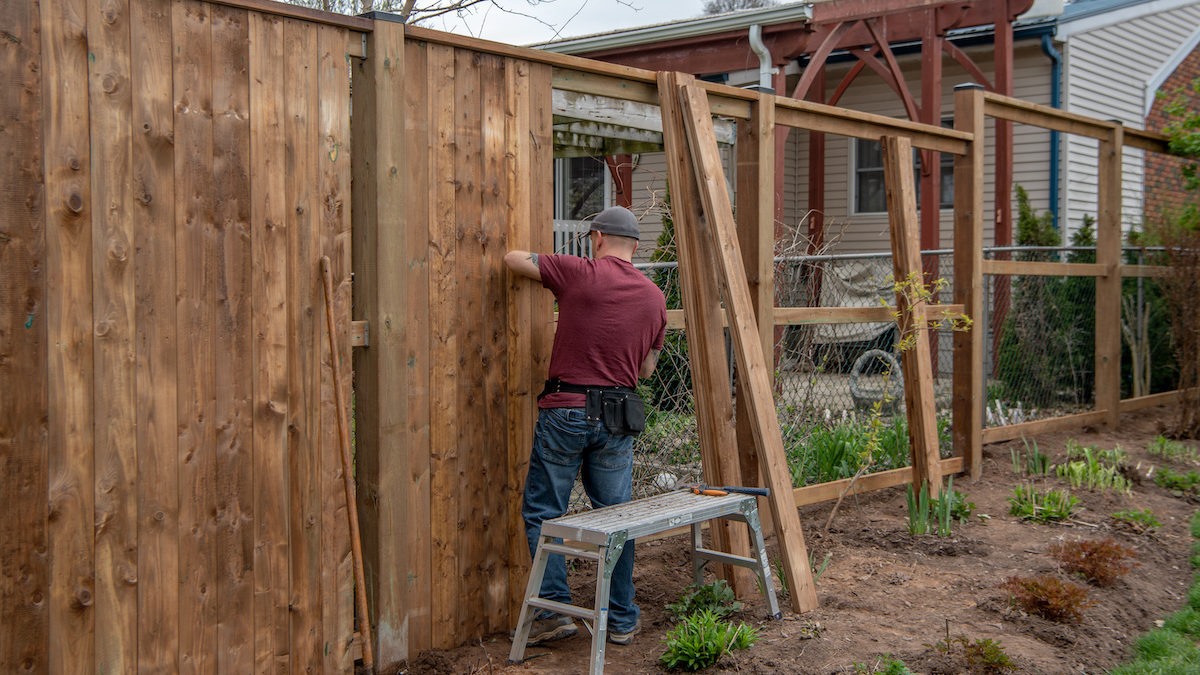
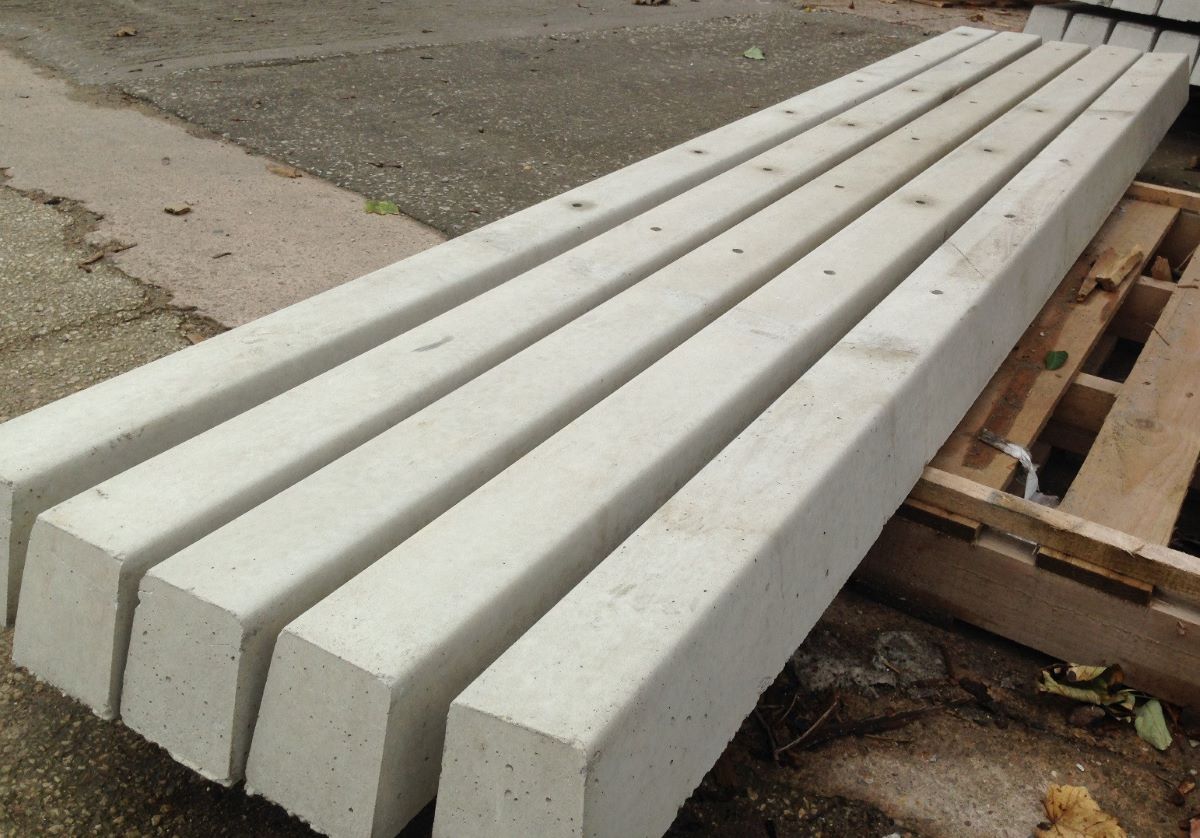
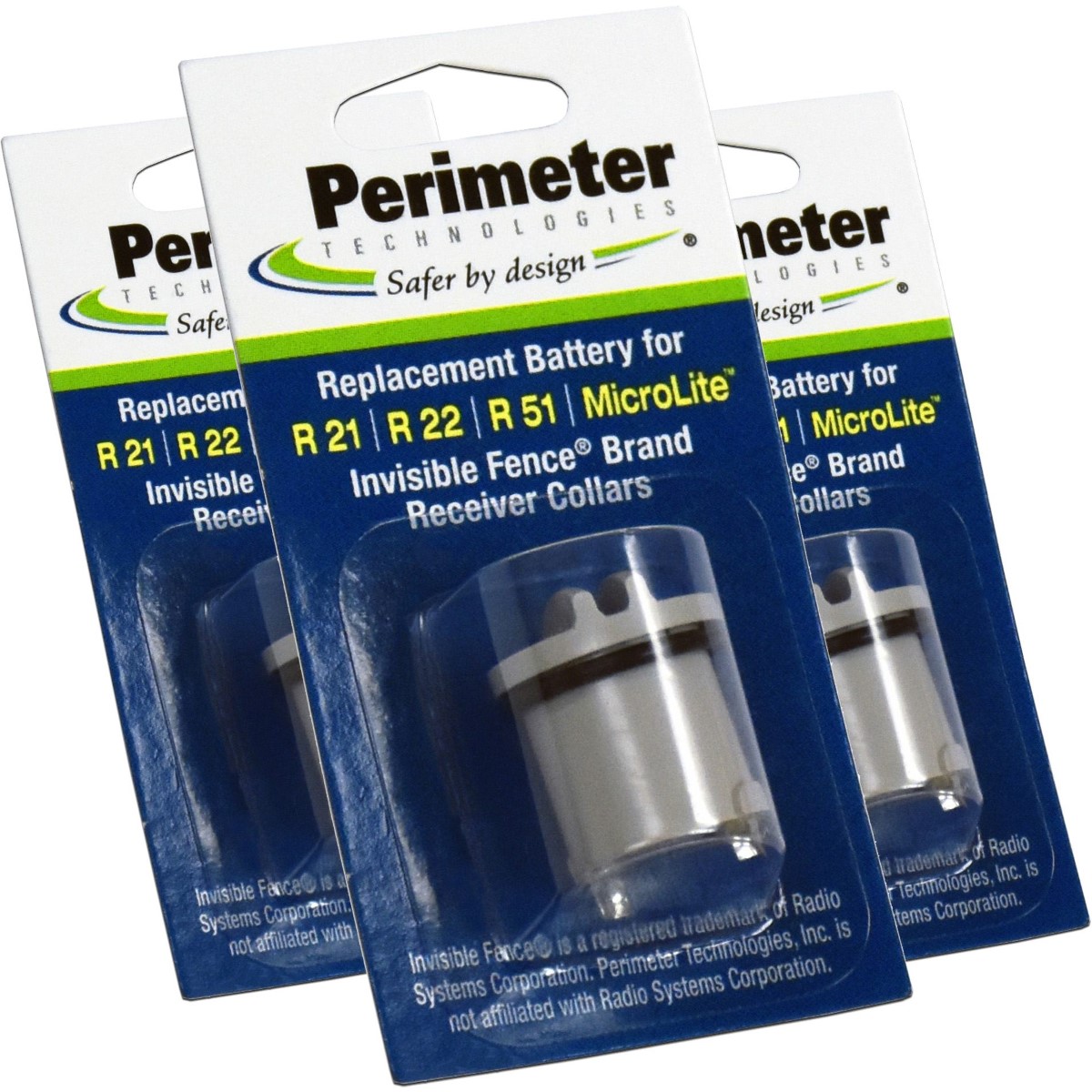
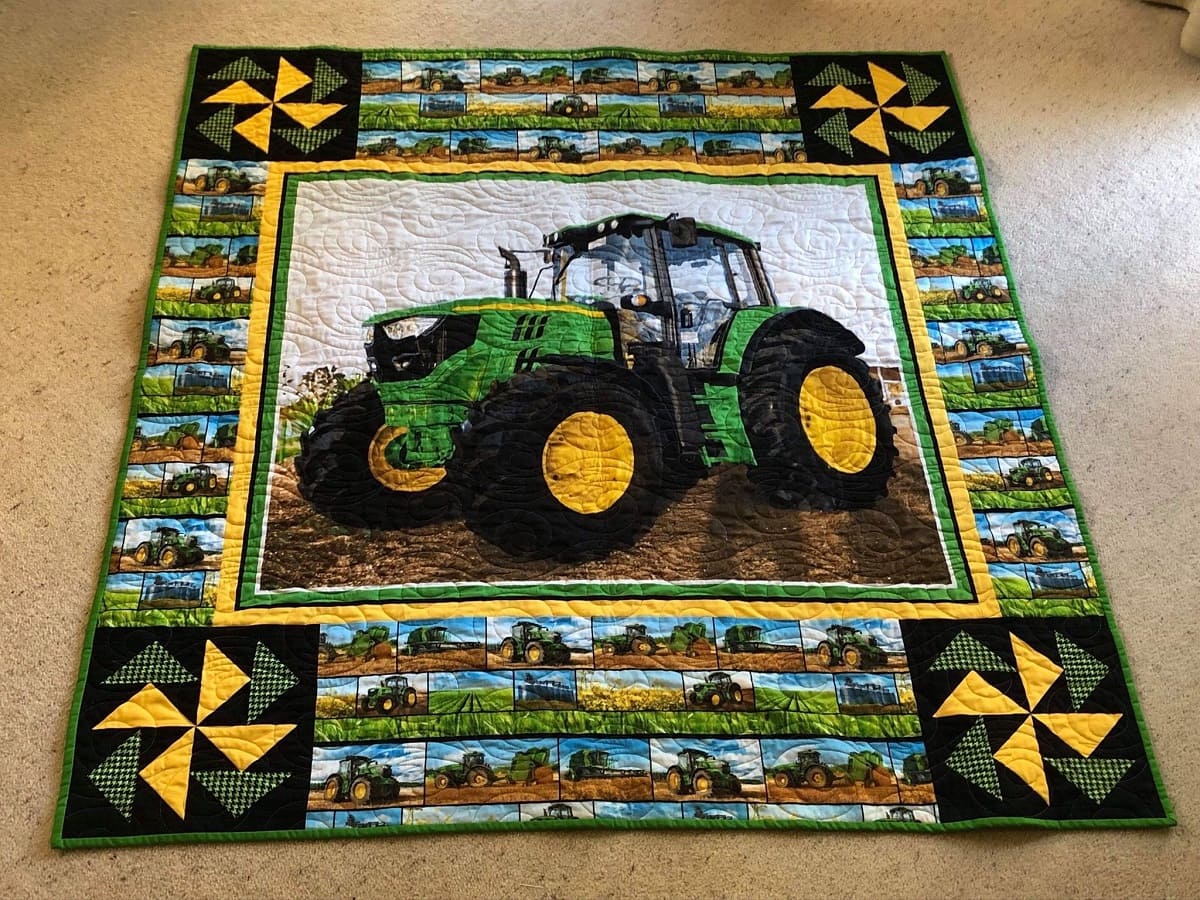
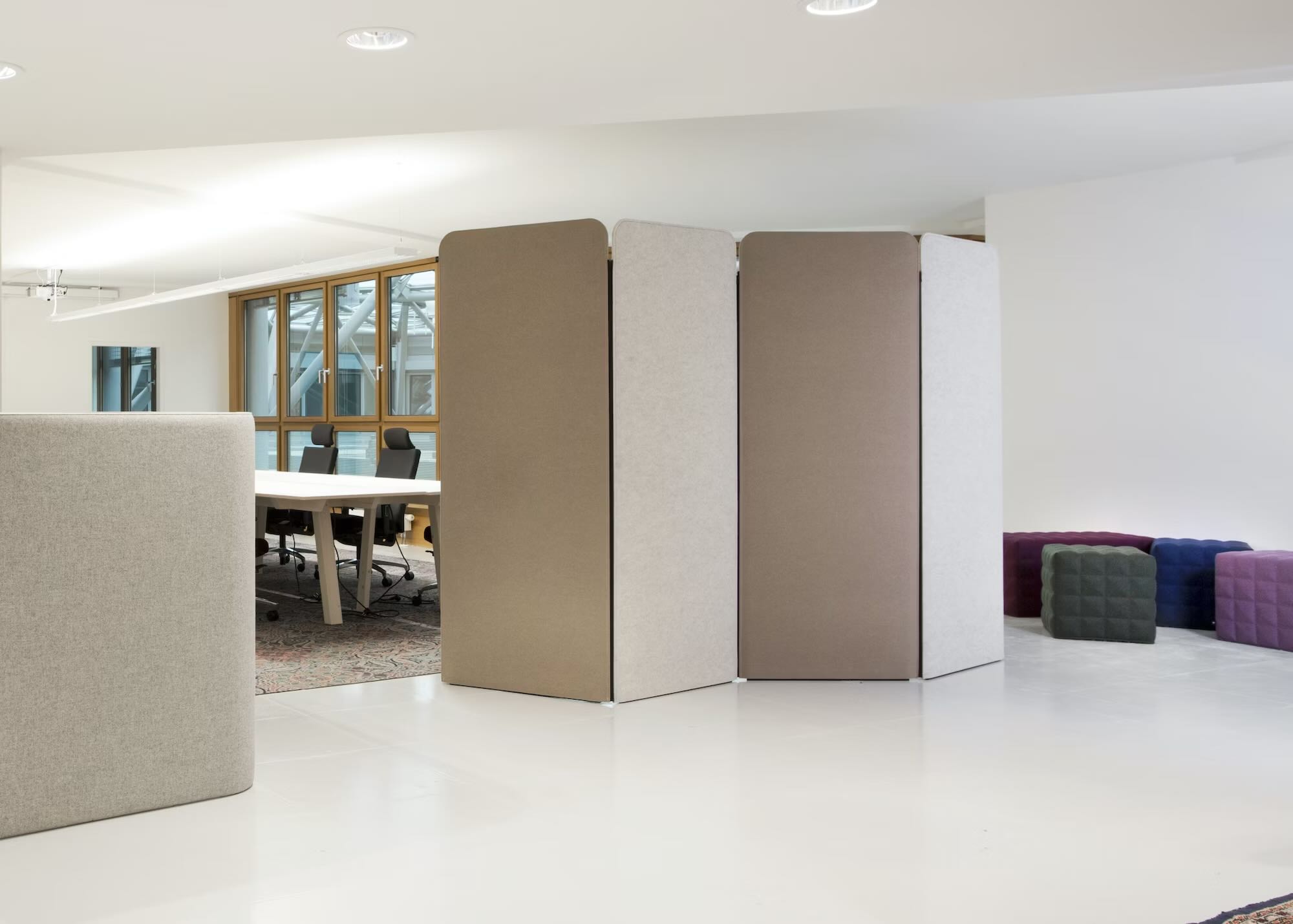

0 thoughts on “How Long Are Fence Panels”